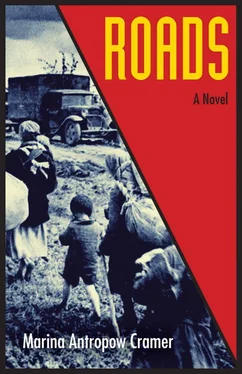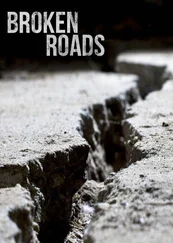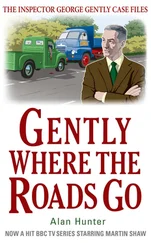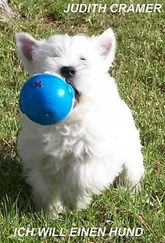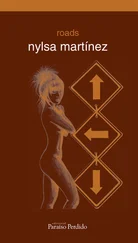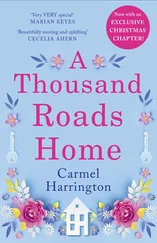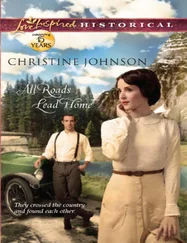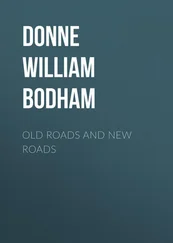Filip lit another cigarette, just to quiet the restlessness stirred up by Galina’s unexpected confession. It had seemed a simple question, a question he would never have asked if he had any idea it would unleash such an intimate response, such complicated thoughts.
But he was in it now, and needed to know. The work transport was leaving in the morning, taking him to unimagined unpleasant, and dangerous, experiences. Who knew how long this separation would last?
“So then,” he prompted.
It had begun to snow. Galina turned away again, watching large feathery flakes drift on the night air, buffeted by invisible currents into a dance that was as timeless as it was new.
“Yes.” She spoke without facing him, suppressing more words she could not say aloud: Now, here, in this place, after all that has happened to us. Yes. If love means forgetting some things and forgiving others, not asking questions to which the answer is better left unsaid. “Yes, I love you. Now go to sleep. You’ll wake the baby.”
Filip extinguished his half-smoked cigarette, taking care to leave the butt unbroken. How had he wandered into such hazardous territory? Did she know about, or guess at, his infidelities? Did it matter? In using the word love she clearly was admitting to a lesser form, separate from the bedrock of her parents’ bond—a serene, abiding emotion for which there seemed to be no verbal expression. Where did this leave him? His head ached from the unexpected intensity of this conversation; he knew less now than he did before.
He knew, too, that it was not a question he would ask again. He drifted off, grateful for the mind-numbing onset of sleep.
Sometime later he woke, sensing Galina’s movement on their narrow bed. He raised himself on one elbow. She sat motionless on the very edge, holding Katya asleep on her lap, one hand stroking the child’s hair, her form a hazy outline against the window now trimmed with geometric frost patterns.
Outside, the snow had thickened. It fell and swirled, blanketing the roofs of Regensburg as far as the eye could see, the Danube a black ribbon shimmering in the far distance. The tall evergreen whose branches brushed against the house was adorned with dazzling picture-postcard mounds, pulling the laden limbs toward the ground below.
Filip stretched out to touch her shoulder in the thin flannel of her winter gown, then withdrew his hand. She was beyond his reach just now, inhabiting a secret place that was hers alone. “What are you doing?” he whispered.
Galina remained still, her back straight, eyes fixed on the otherworldly scene before her. “I’m looking at the snow.”
How did this book happen? The truth is, of course, that it did not happen. A book never does; a book is built. It emerges from elements as surprising as they are banal: an overheard remark dropped by a passing stranger, a random thought, the seed of an idea, a memory.
This book is built of stories—the ones I started collecting, unawares, as a child growing up among Russian expatriates in a community that sheltered its members while they learned how to live in a postwar world that would never again be the same. Like refugees and displaced people everywhere, they carried their mementos, their recipes, their customs and beliefs, their language and music wherever they went. These were the tools with which they began to carve out a home among baffling and sometimes hostile strangers.
Some of the stories were given to me, passed on as heritage. Others I absorbed whenever friends and newcomers gathered around the table, affirming the bittersweet victory of survival through shared recollections, covering their scars with deep melancholy as often as with laughter and song. Among these people, there were those who said nothing at all. Their enigmatic silence carried, for me, its own mysterious eloquence.
Some narratives I surmised for myself. I pieced them together from scraps hinting at an ordeal too painful to recall in its entirety, an ordeal that nagged at the mind or troubled the heart, refusing to be completely forgotten.
I grew older; people aged. Some died, leaving a trail of memories that started to seem less reliable. The stories had changed in the retelling, tinged by nostalgia. There were omissions, contradictions, discrepancies. The people who had made those journeys, endured those terrors, were the survivors; they had buried the fallen and searched for the lost. But the picture was starting to blur. If I was going to tell the tale, I needed facts.
There were books to read and maps to study, Internet sources and firsthand narratives to evaluate and absorb. It was not enough. I had to go, to see some of the places where these things had happened. It would all be different now, after so much time had passed. But I had to go.
I traveled to Russia, Belgium, Germany. I saw the Elbe at Dresden, sailed down the Danube from Regensburg. Trains carried me through the Bavarian countryside and its legendary forest, past villages with tile-roofed houses, and into teeming cities. Waiting on the platform for a connecting train to my last destination, I heard the conductor announce, “Plattling, Track Two.” Plattling. It was not on my itinerary, but it was in my story. I had the time.
And what would I see there? Barbed wire around weathered barracks, watchtowers, a labor camp museum, a commemorative plaque? Or a housing development, a shopping mall, every trace of the grim history obliterated under concrete and steel? Which would be worse?
I didn’t go to Plattling. After visiting Dresden, I went home. I had a solid historical framework on which to hang the stories, fresh impressions of people, customs, outlook, and language. And I had a landscape through which to move the composite characters I had created, following them as they embarked on a journey I would now begin to imagine and describe. Already, images, plot points, and lines of dialogue were taking shape in my mind. The work had begun. It was time to build the book.
Clearly, I did not travel the long road to placing this work in readers’ hands alone. I thank my editor, Lindsey Schauer, without whose skilled effort to clarify every narrative and grammatical detail these pages would lack much of any polish or cohesiveness they might possess. Of the fellow writers who accompanied me along the way, I single out these: Roselee Blooston, who was the first to take me seriously and to give public exposure to my fledgling work; Steve Otlowski, who gave no quarter when it came to historical accuracy and read an early draft of this book in one exhausting sitting; and Rosa Soy, for her keen ear, her stalwart friendship, and her unflinching confidence in my ability to see this project through to its completion.
Many others listened to the emerging work. I thank them for their attention, for their focused criticism and cogent questions, for suffering through my moments of self-doubt and patches of bad writing. I cannot name them all, for fear of leaving out anyone important; each was important in his or her own way, and to each of them, I am grateful.
Copyright © 2017 by Marina Antropow Cramer
All rights reserved
Published by Academy Chicago Publishers
An imprint of Chicago Review Press Incorporated
814 North Franklin Street
Chicago, Illinois 60610
ISBN 978-1-61373-558-9
Library of Congress Cataloging-in-Publication Data
Is available from the Library of Congress.
Cover design: Joan Sommers Design
Cover image: Photo by Sovfoto/UIG via Getty Images
Typesetting: Nord Compo
Printed in the United States of America
5 4 3 2 1
This digital document has been produced by Nord Compo .
